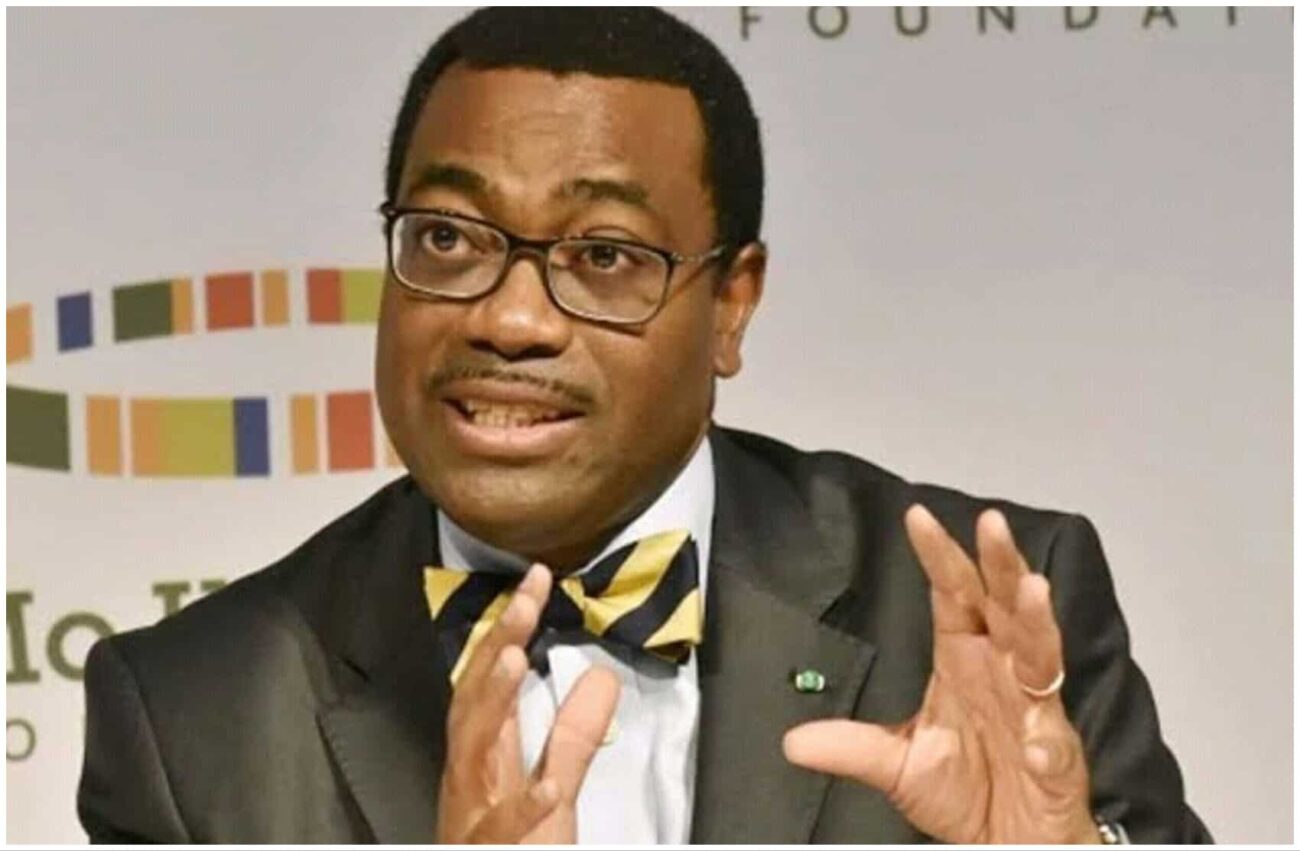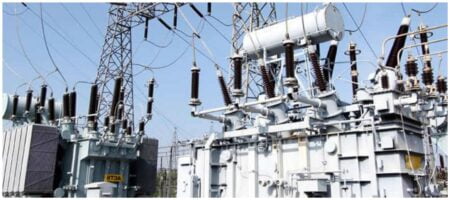A grant agreement for $9.73 million has been signed by the African Union Commission (AUC) and the African Development Bank (AfDB) to support the growth of the continent’s digital market.
The agreement was for the implementation of Phase 1 of the Upstream Project for Digital Market Development in Africa, according to a statement posted on the AfDB website on Friday.
At the AUC’s main office in Addis Abeba, Ethiopia, the signing took place on Thursday.
Both Dr. Abul Kamara, the Deputy Director-General of the AfDB for the East Africa Region, and Amb. Albert Muchanga, the AUC Commissioner for Economic Development, Trade, Tourism, Industry, and Minerals, signed the contract.
In September, the AfDB Board of Directors gave its approval for the distribution of seven million Units of Account (worth $9.73 million).
However, Muchanga expressed the appreciation of the AUC for the AfDB’s assistance.
“The COVID-19 pandemic underscored the importance of digital technologies and the digital economy as a whole.
“In that regard, Africa should think big when it comes to digital development, digital economy and the grand opportunities on integration and economic growth,” he said.
Additionally, according to Kamara, the project would help accelerate the achievement of Agenda 2063 targets by implementing the AfDB’s High 5 priorities.
In order to achieve “The Africa We Want,” he added, the project would support the continent’s economic transformation.
For the stability and prosperity of the continent, he contends that it is critical to provide millions of young Africans with employment opportunities.
“The digital transformation of economies offers new opportunities to increase intra-Africa trade and boost economic growth.”
The project helps the AUC carry out initiatives in the digital economy that will improve the continental single digital market.
Additionally, it encourages the implementation of the Digital Transformation Strategy for Africa and the African Continental Free Trade Area.
Phase 1 is said to run from 2023 to 2026 and would concentrate on three main elements: adoption of digital trade and e-commerce, support actions, and digital enablers.
In particular, the project would support the development of Africa’s digital economy by strengthening the frameworks and cross-cutting (gender, climate change, and resilience) dimensions.
The frameworks include conceptual, strategic, policy, and regulatory ones.







